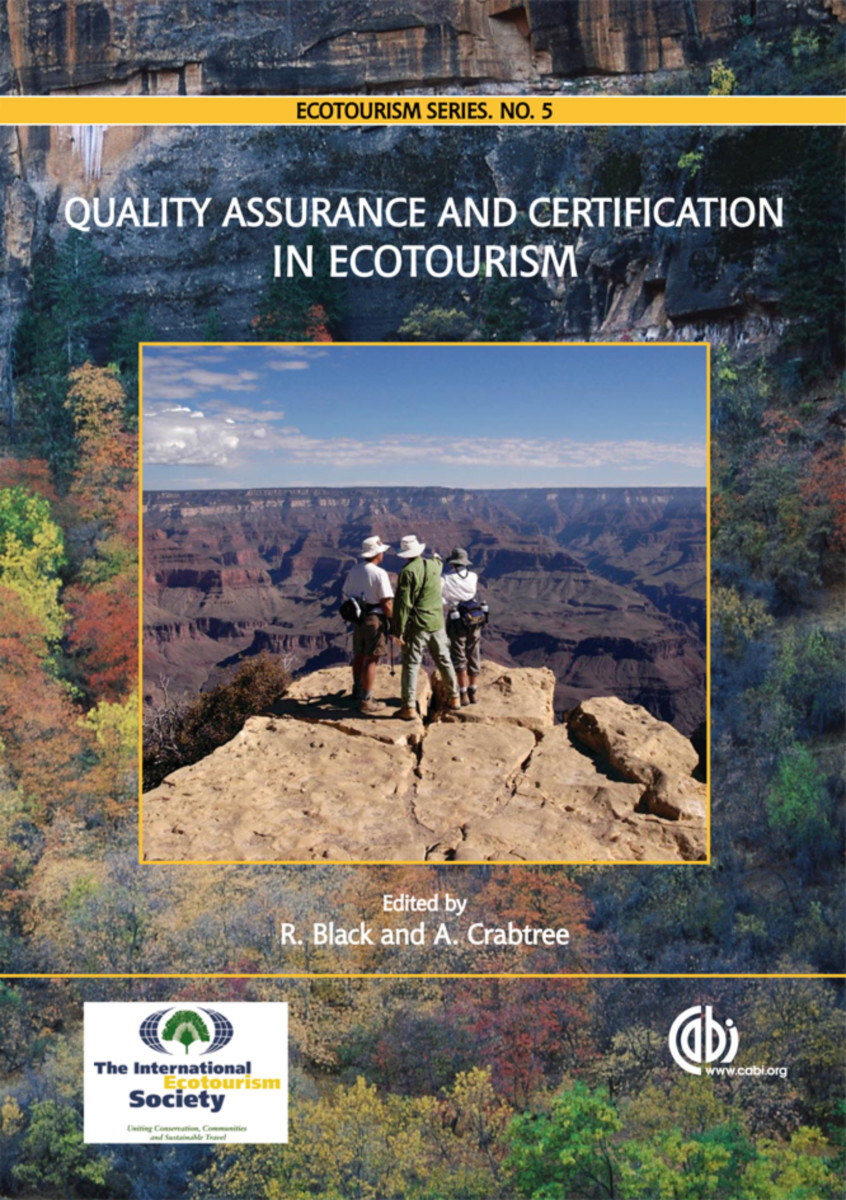- Publisher
CABI - Published
27th September 2007 - ISBN 9781845932374
- Language English
- Pages 520 pp.
- Size 6.875" x 9.75"
Genuine ecotourism can have many positive impacts, particularly the conservation of biodiversity and cultural heritage and the creation of economic opportunities for local communities. While promoting these, it aims to eliminate negative impacts such as environmental degradation, cultural commoditization and playground effects. Unfortunately, the concept is broadly misunderstood and its true definition is widely debated. It is often used as a marketing tool, with some operators taking advantage of the ecotourism label to attract more business while behaving in environmentally irresponsible ways. This book considers the important topic of quality control and accreditation in ecotourism, describing the mechanisms that can be implemented to ensure quality in all aspects of the industry, namely protected areas, businesses, producs and tour guides.
"The book is a good starting point for anyone who wishes to get a comprehensive view of ecotourism challenges and who wants to understand the current implications as case studies of ecotourism certification."
- Annals of Tourism Research
•Achieving Quality in Ecotourism: Tools in the Tool Box
•Green and Gold? Awards for Excellence in Australian Tourism: Promoting Quality and Sustainability to the Tourism Industry
•‘No better than a band-aid for a bullet wound!’: The Effectiveness of Tourism Codes of Conduct
•SmartVoyager: Protecting the Galapagos Islands
•Geen Globe 21: a Global Environmental Certification Program for Travel & Tourism
•Sustainability Indicators for Ecotourism Destinations and Operations
•Adapting the Indicator Approach – Practical Applications in the South Pacific
•Stakeholders’ Perspectives on Quality in Ecotourism
•Sustainable Tourism Certification Marketing and its Contribution to SME Market Access
•Consumer Demand
•Quality in Ecotourism: The Community Perspective
•The Prospects and Dilemmas of Indigenous Tourism Standards and Certifications
•Assuring Community Benefit in South Africa through Fair Trade in Tourism’ Certification
•Certification in Protected Areas: A Case Study of Western Australia
•Certification of Protected Areas: the Case of PAN Parks in Europe
•Professional Certification: a Mechanism to Enhance Ecotour Guide Performance
•Putting the Ecotour Guide Back into Context: Using Systems Thinking to Develop Quality Guides
•Towards Developing Tour Guides as Interpreters of Cultural Heritage: The Case of Cusco, Peru
•Ecotourism Certification in New Zealand: Operator and Industry Perspectives
•Towards an Internationally Recognized Ecolodge Certification (Hitesh Mehta)
•The Australian EcoCertification Program (NEAP): Blazing a Trail for Ecotourism Certification, but Keeping on Track?
•Creating Networks: Europe’s Voluntary Initiatives for Sustainability in Tourism (VISIT) and the Sustainable Tourism Certification Network of the Americas
•Challenges and Issues for Quality in Ecotourism


